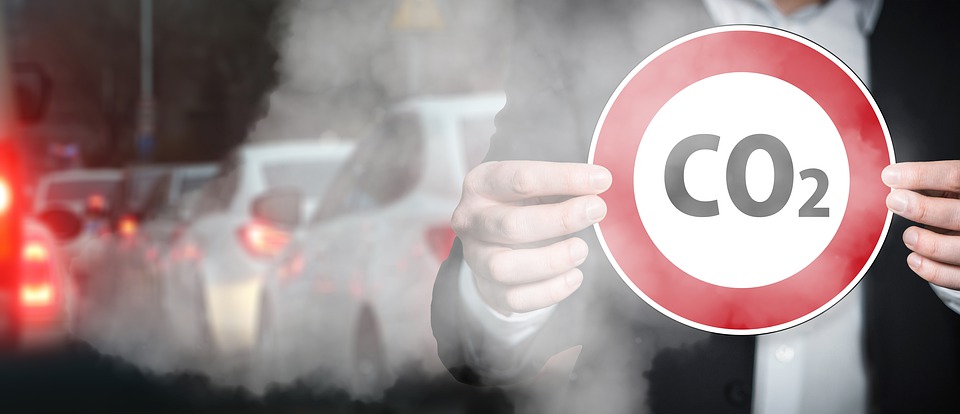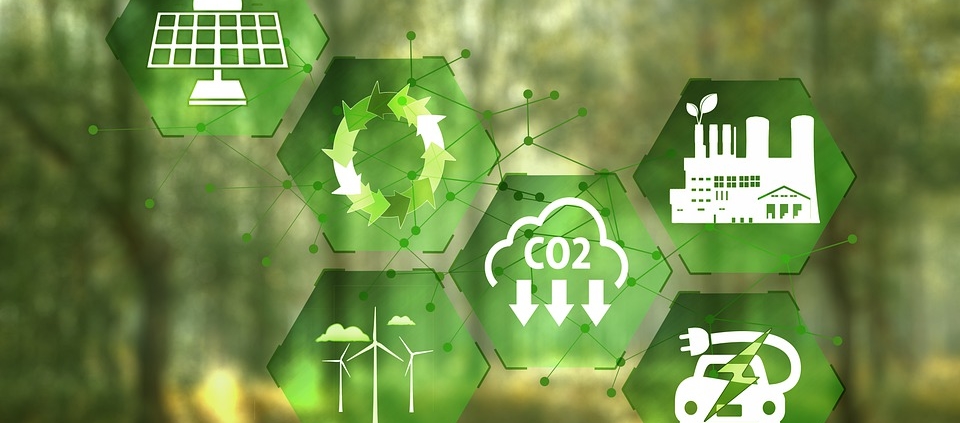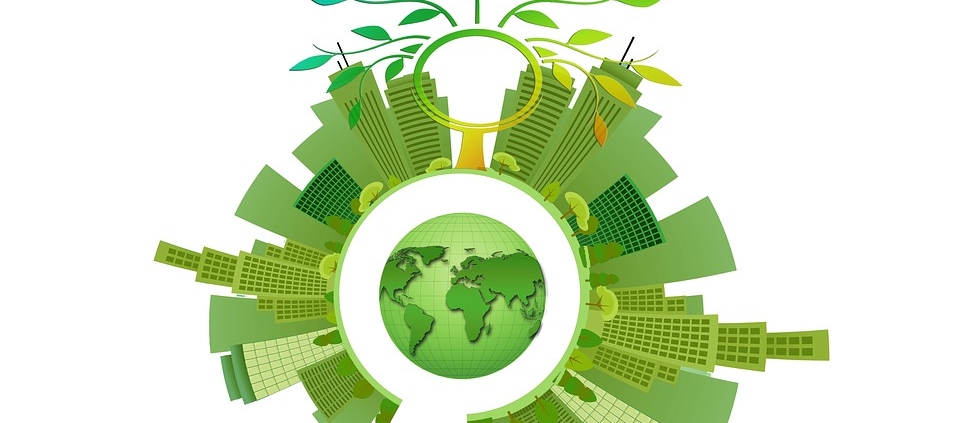CDU and CSU no longer want to rule out CO2 storage in Germany
The Union calls on the government to use carbon dioxide industrially to become climate neutral. In addition, the parties want to use nuclear energy longer. The CDU is in favor of storing carbon dioxide underground and processing it in industry. The party wants to achieve the German climate targets by 2045. In industry, “residual emissions” would still occur after 2045, according to a motion by the Union faction in the Bundestag, which is available to the Handelsblatt. Germany wants to be largely climate-neutral by 2045.
Specifically, the Union faction calls for a “strategy process” that clarifies how and where CO2 could be separated, transported and stored in the future – abroad and “perspectively also in domestic storage facilities”. So far, the so-called “Carbon Capture and Storage” (CCS) has hardly been possible in Germany, because the countries can ban underground CO2 storage facilities on their territory.







